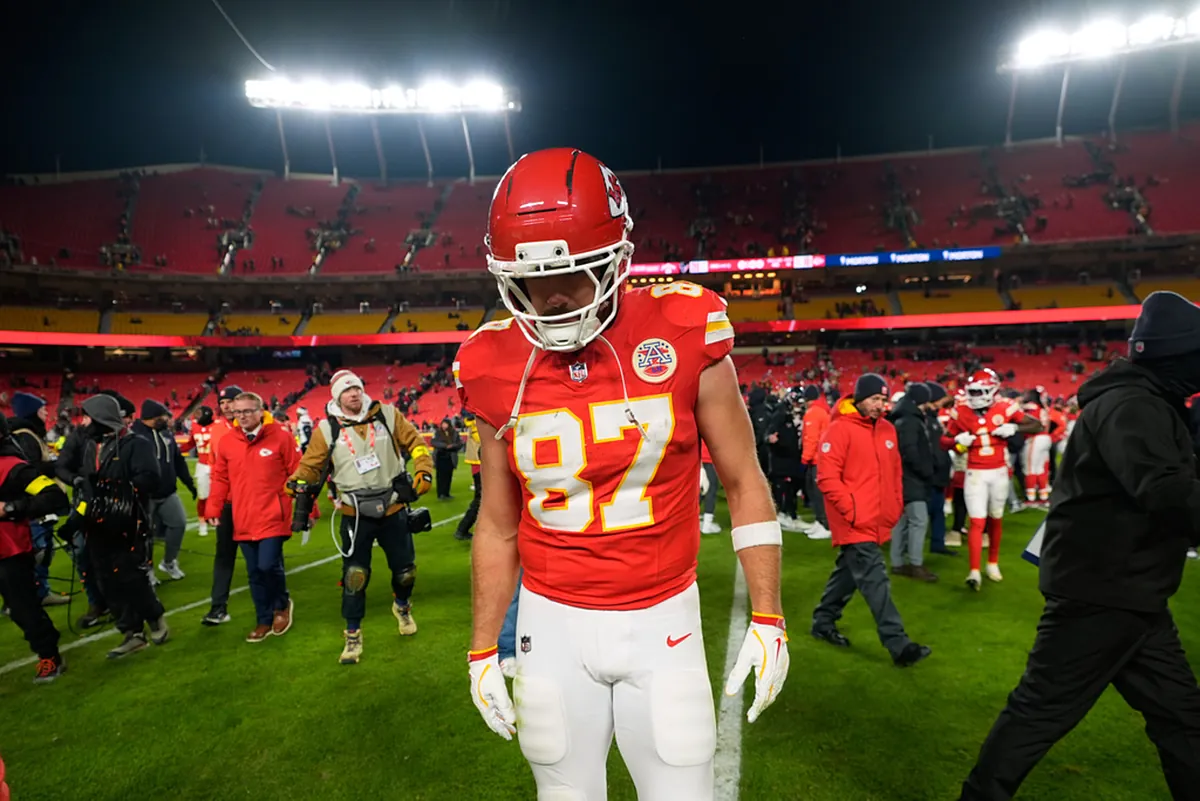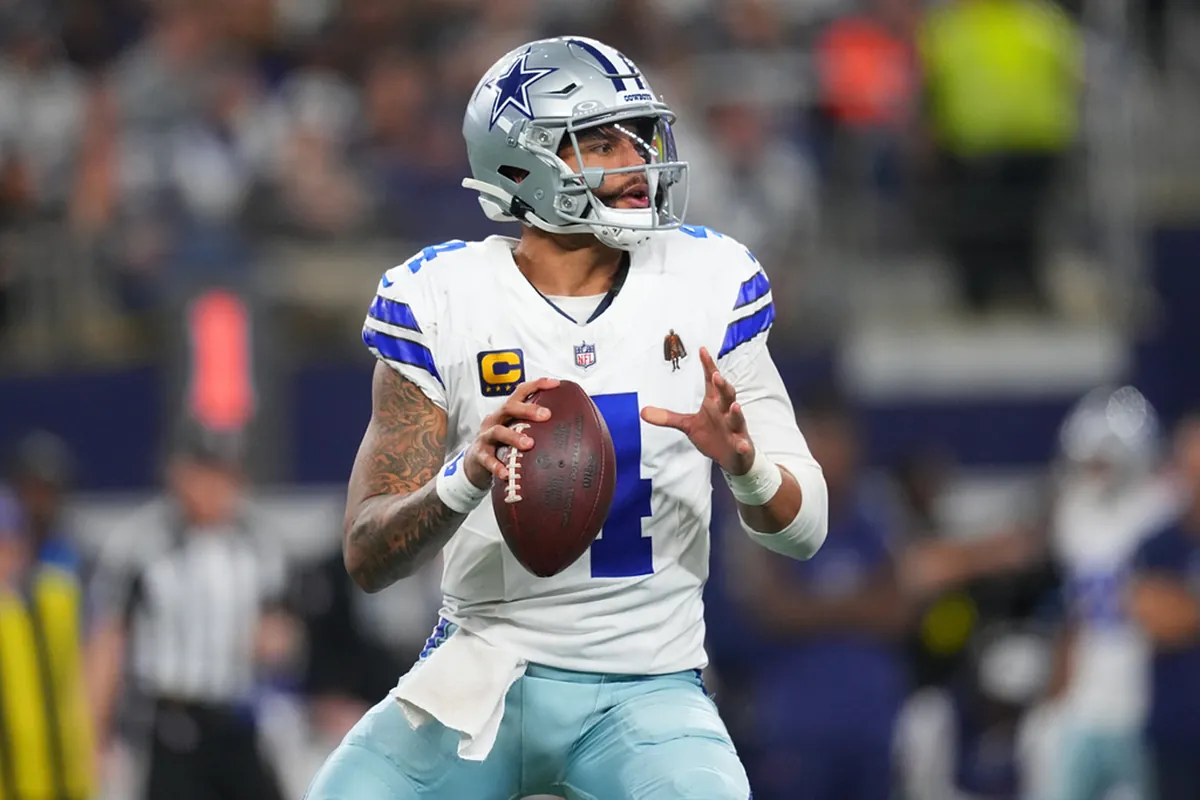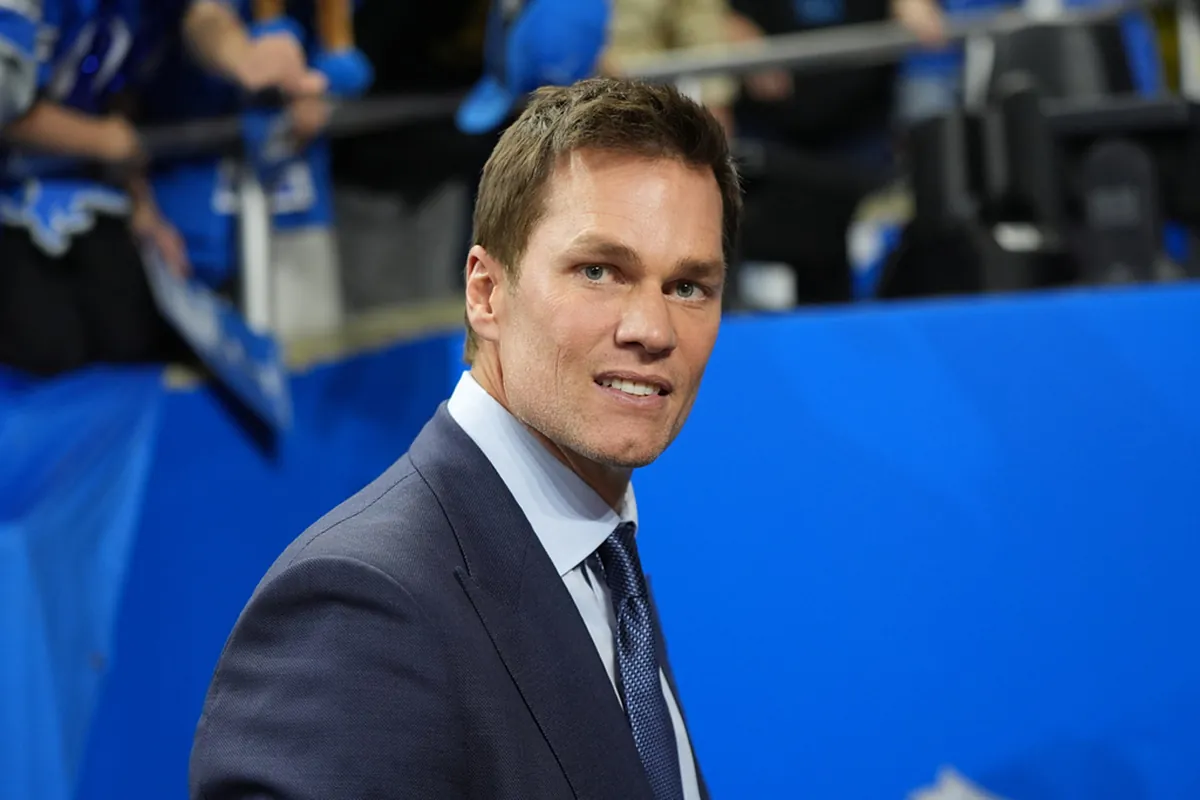A team with superstar potential that has never found the chemistry required to live up to it — that is the reputation Norway are attempting to disabuse this summer.
Recent tournament history is not kind: they were dumped out of the Euro 2022 group stages after an 8-0 thumping by eventual winners England, then knocked out in the round of 16 in the 2023 World Cup by Japan, the latter overshadowed by off-pitch drama with former manager Hege Riise.
New head coach Gemma Grainger has imbued calm since taking charge in January 2024, but the 1991 World Cup champions need to prove they belong among the continent’s elite.
Who is the manager?
Grainger was Wales’ national team head coach between 2021 and 2024, before replacing Riise just two months before the Euro 2025 qualification campaign. The 42-year-old’s coaching journey spans Leeds Women, Middlesbrough and the England youth development system. She was also part of the England senior coaching team for Euro 2017.
The Middlesbrough-born coach is a big proponent of team bonding exercises and is known to bring in keynote speakers during camps and gift individual players motivational books.

Grainger will aim to get the best out of Guro Reiten and co (Fabrice Coffrini/Getty Images)
How do they play?
Grainger deploys a back four, with variations on a 4-4-2 diamond and traditional 4-3-3. She prefers her sides to control possession and build up patiently from the back, but against more dominant opponents, she has learned when to concede on principles and attempt to turn Norway into a sharper team in transition. But her preference is to play slick, attacking football.
Who are their three most influential players?
A number of Norway’s players have a case to be included here, but the headline acts are Barcelona forward Caroline Graham Hansen, Chelsea midfielder Guro Reiten and midfielder Ingrid Engen, who recently signed with OL Lyonnes from Barcelona.
Graham Hansen thrived in Spain during the 2024-25 season, notching 21 goal involvements (11 goals, 10 assists) across 22 league appearances. Few players can match Reiten’s creativity, but she endured a stop-start season for Chelsea due to injury. Even so, she featured in 24 matches across the Women’s Super League (WSL) and Champions League, scoring 10 goals and helping the club to a historic domestic treble.
Advertisement
Engen has long been one of Norway’s most important players, but her efforts with Barcelona in defence and midfield mean her vision, versatility and ability to break up play and transition into attacks are now appreciated on a global level.
Other influential players include Atletico Madrid’s Vilde Boe Risa and Manchester United duo Celin Bizet and Elisabeth Terland, who both enjoyed a positive 2024-25. Bizet contributed two goals and six assists, and Terland 10 goals and five assists as United finished third in the WSL.

Graham Hansen will once again be among Norway’s key players (Valentine Chapuis/Getty Images)
What is their biggest strength?
Norway’s attacking strength is significant. As mentioned above, Graham Hansen and Reiten are amongst the world’s best, the former making a strong case each year to be considered the world’s best player. Veteran striker Ada Hegerberg is still a force to be reckoned with, while Manchester United duo Bizet and Terland represent the next generation. That is all without mentioning Boe Risa or Arsenal’s Frida Maanum. The latter scored 13 goals and provided four more across 41 appearances in all competitions this season.
What weakness might other teams be able to exploit?
Chemistry has been the missing ingredient for so long and it still feels that this will be the key issue heading into the Euros. Despite a plethora of quality players, Norway still struggle to sew their strengths together, mostly due to the fact Grainger has not been able to field a consistent starting XI for almost the entire time she has been in charge. Without any friendlies in the calendar, Grainger has also had to prioritise results over experimentation.
Any notable absences?
Reiten’s return to full fitness before the end of the domestic season is a huge plus for Norway. At the moment, the squad look to be heading into the Euros at full strength, which is something Grainger has not had the pleasure of saying for some time.
What is their strongest starting XI?

How have they performed over the past 12 months?
Since Grainger took over in January 2024, Norway have lost just two of their 15 matches. However, they have drawn five and against higher-ranked opponents, such as France and the Netherlands, they have yet to find victory across six matches, while also drawing with Italy and Finland. They finished second in their Nations League group but were 10 points behind leaders France, a sign of the gap still needing to be bridged.
What are they expected to achieve at these Euros?
Norway were drawn into a favourable group alongside hosts Switzerland, Iceland and Finland. The expectation is that they should top the group comfortably and advance to the knockout stages. From there, question marks emerge.
While Norway have looked more cohesive since Grainger’s arrival, they still do not seem to be operating at full throttle and results have not yet been as convincing as they should have been. They drew twice with Iceland in their Nations League group, albeit they got the better of Switzerland twice. There is clearly scope for a surprise or two.
Did you know?
Grainger is a big fan of darts. In fact, the Middlesbrough-born coach loves any pub sport. Her favourite darts player at the moment is 18-year-old prodigy Luke Littler.
Norway have twice won the Euros, doing so in 1987 and 1993. They also won the Women’s World Cup in 1995 and the Olympics in 2000. However, it is now a quarter of a century since the team lifted silverware on the international stage.
(Top photo: Getty Images; design: Eamonn Dalton)
This news was originally published on this post .









Be the first to leave a comment